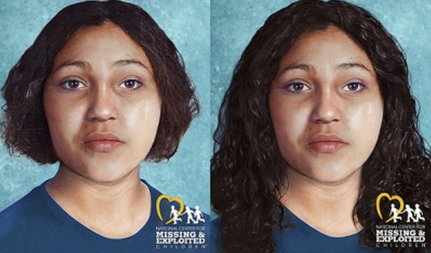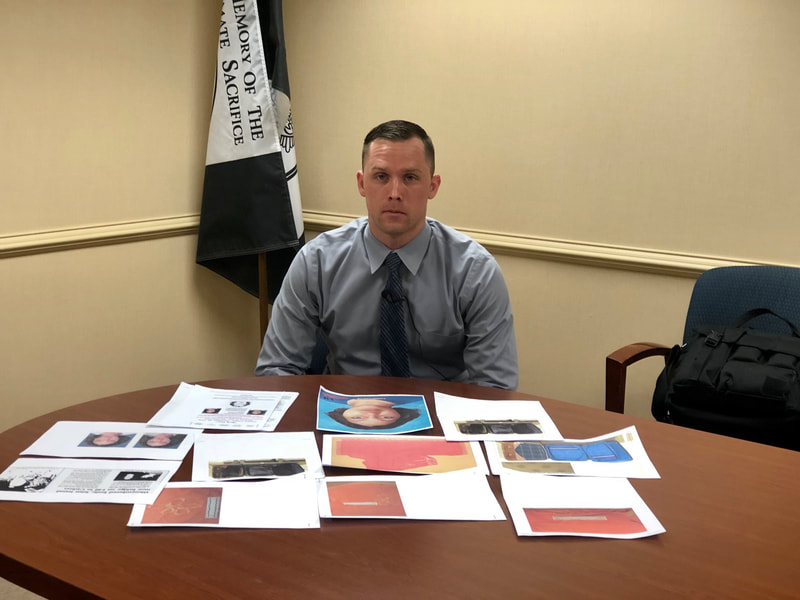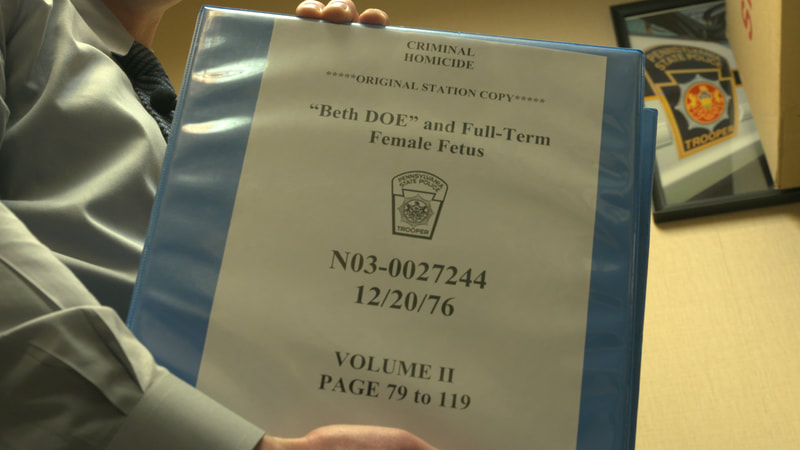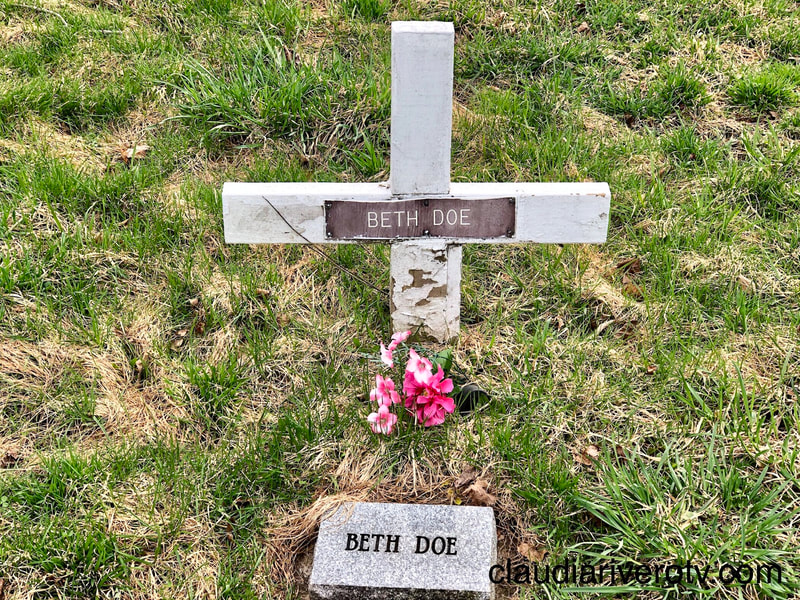Update: Pennsylvania State Police turn to forensic genetic genealogy to help solve 'Beth Doe' murder2/23/2021 Case number N03-0027244 still haunts the Pennsylvania State Police. The victim was young, pregnant and possibly of Eastern European descent. Four decades later, investigators still don't know her name. They call her 'Beth Doe.' On Dec. 20, 1976, a teenager playing near the Lehigh River in Carbon County — approximately 80 miles north of Philadelphia — found the victim's mutilated remains and her full-term fetus stuffed in suitcases. An autopsy determined the young mother had been strangled, shot, and dismembered. Her nose, ears, and breasts had been removed. No one has ever come forward to identify her, and without a name, the chances of finding Beth Doe's killer or killers (if they're still alive) are slim. Investigators have exhausted all leads and are now turning to investigative genetic genealogy to hopefully crack the case. Trooper Brian Noll, lead investigator on the case since 2019, confirmed via email that a private forensic lab was able to obtain a viable DNA sample from 'Beth Doe' which will soon be entered into genealogy databases. "It should be uploaded this week," Noll said. Using a public genetic genealogy database, investigators can compare DNA from an unknown person to other people to see if any of them are related. The technique became a powerful crime-fighting tool following the 2018 arrest of serial murderer Joseph DeAngelo Jr. the so-called 'Golden State Killer' who eluded authorities in California for four decades. Since then, according to published reports, law enforcement agencies across the country have used public genetic databases to solve dozens of cases. But due to privacy concerns, public databases such as GEDmatch, which investigators used to track down the Golden State Killer, have since updated their terms of service and no longer allow law enforcement to access DNA profiles to help solve crimes unless users agree to it. Although the changes are not in law enforcement's favor, Noll remains cautiously optimistic about Beth Doe's case. "There is much less of a pool to compare to, but I'm still hopeful," Noll said. "We will see if there are any significant hits for possible relatives that can be followed-up on." The process could take weeks or months to complete. Beth Doe and her baby are buried at a public cemetery in Weatherly Pennsylvania. You can watch our 2019 story about Beth Doe's case here.
0 Comments
Leave a Reply. |
Claudia Rivero Investigative Reporter/ProducerArchives
July 2024
Categories
|





 RSS Feed
RSS Feed